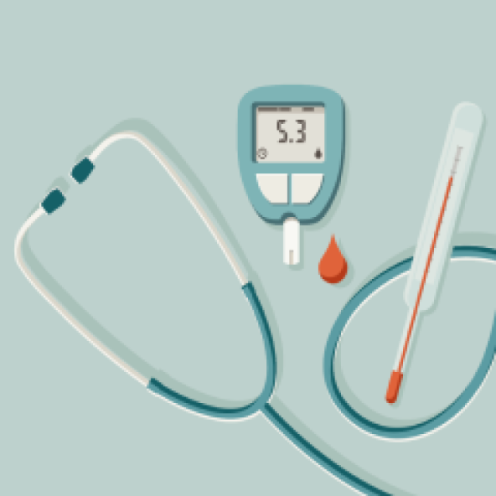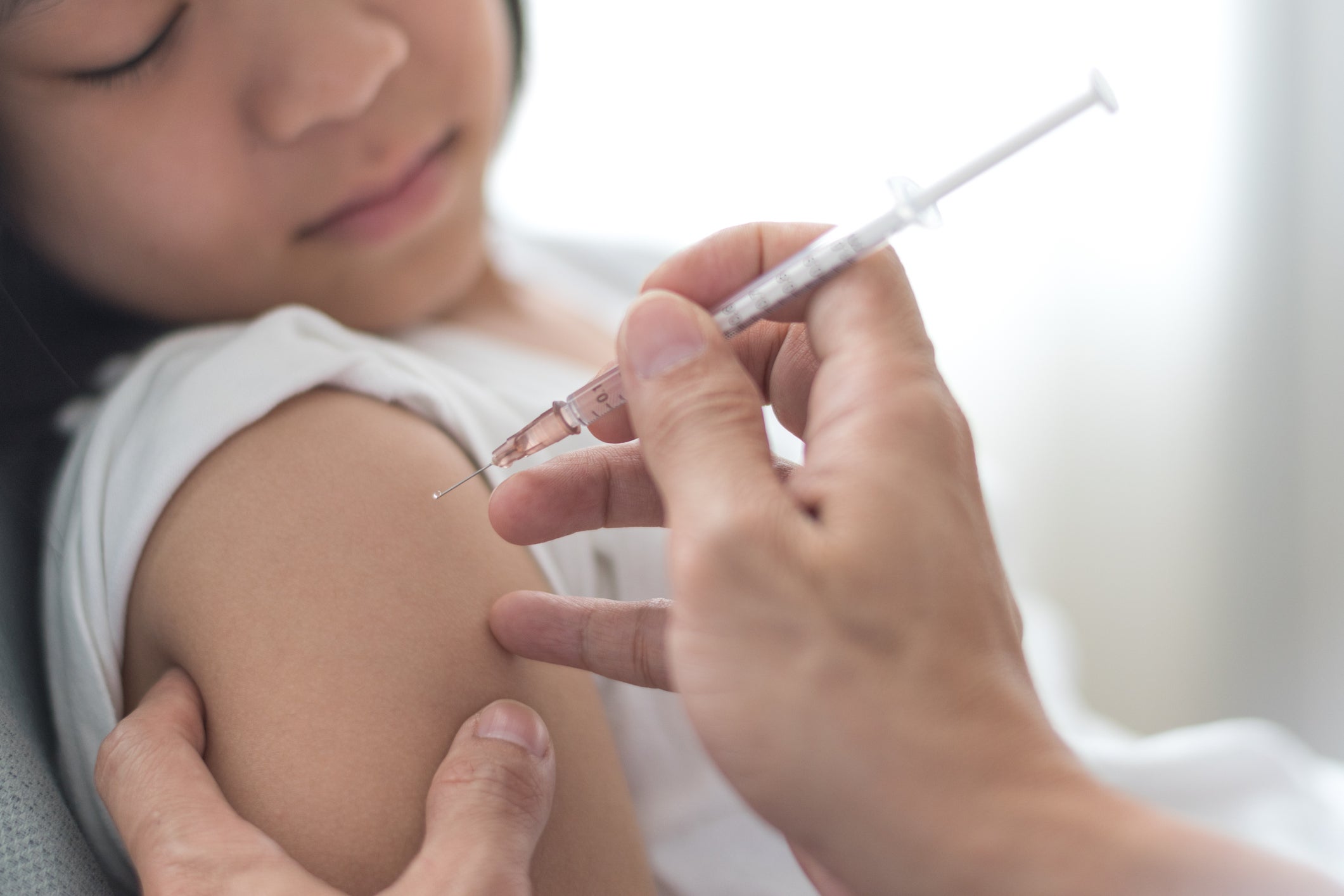- News
- Health
Cervical cancer is the fourth most common cancer in women worldwide and causes more than 300,000 deaths each year
Rebecca WhittakerTuesday 25 November 2025 10:17 GMTComments
 CloseNo cervical cancer cases in young women fully vaccinated with HPV in Scotland
CloseNo cervical cancer cases in young women fully vaccinated with HPV in Scotland
Sign up for our free Health Check email to receive exclusive analysis on the week in health
Get our free Health Check email
Get our free Health Check email
 Email*SIGN UP
Email*SIGN UPI would like to be emailed about offers, events and updates from The Independent. Read our Privacy notice
HPV vaccines are consistently effective at preventing cervical cancer, especially when given to young people before they are exposed to the virus.
That’s according to two reviews looking at how the vaccine has impacted millions of people around the world, revealing that girls vaccinated before the age of 16 were 80 per cent less likely to develop cervical cancer.
Human papillomavirus (HPV) is a family of common viruses, including the viruses that cause skin warts. Most types of HPV are harmless, but some ‘high-risk’ types can cause cancers of the cervix, anus, penis, vulva, vagina, and throat, and others cause anogenital warts.
Cervical cancer is the fourth most common cancer in women worldwide and causes more than 300,000 deaths each year.
But a vaccine, offered to all schoolchildren aged 12 to 13 years in the UK, was found to be effective and prevent most of these cancers from developing.
 The HPV vaccine is offered to all schoolchildren aged 12 to 13 in the UK (Getty/iStock)
The HPV vaccine is offered to all schoolchildren aged 12 to 13 in the UK (Getty/iStock)The first review, published in the Cochrane Database of Systematic Reviews, looked at 60 studies with 157,414 participants.
They found that all HPV vaccines were effective in preventing infections that can lead to cancer and other HPV-related conditions.
But because cancers caused by HPV can take many years to develop, most studies did not follow participants long enough to measure direct effects on cancer itself.
However, researchers did find vaccines such as Cervarix, Gardasil, and Gardasil-9 reduced precancerous changes in the cervix and other tissues in people aged 15 to 25 years. The vaccine also significantly reduced the risk of anogenital warts.
Common side effects of the jabs were mild and only caused pain or swelling at the injection site, and serious side effects were rare.
A second review analysed evidence from 225 studies involving more than 132 million people across multiple countries. These included population-level studies comparing outcomes before and after the introduction of the vaccine.
Researchers found the HPV vaccination clearly reduces the risk of developing cervical cancer and pre-cancerous changes of the cervix. The results came from studies of various designs across different follow-up periods.
“We now have clear and consistent evidence from around the world that HPV vaccination prevents cervical cancer,” says Nicholas Henschke, co-lead author. “An important finding was that the commonly reported side effects of the vaccine, often discussed on social media, were found to hold no evidence of a real link to vaccination.”
The findings back up global recommendations to vaccinate both girls and boys, ideally before the age of 16, to achieve the greatest protection against HPV-related cancers.
In the UK, the HPV vaccine has been offered to all girls in school year 8 since September 2008, and since 2019 it has also been offered to boys of the same age.
“These reviews make it clear that HPV vaccination in early adolescence can prevent cancer and save lives,” said Dr Jo Morrison, senior author, gynaecological oncology consultant at Somerset NHS Foundation Trust and Honorary Associate Professor at the University of Exeter.
“Vaccinating boys as well as girls boosts protection for everyone. Over time, we’ll see the impact of vaccination on other cancers too, including ones that affect men.”
But he stressed that longer-term data is needed to find out the vaccine's full effects.
“Whilst we now have sufficient data to see a beneficial effect of HPV vaccination on cervical cancers, which tend to develop in younger women, it will take decades to fully understand the impact of vaccination on vulval, peri-anal, penile and head and neck cancers which often develop later in life,” Dr Morrison added.
More about
CancerHPVVaccineJoin our commenting forum
Join thought-provoking conversations, follow other Independent readers and see their replies
Comments



